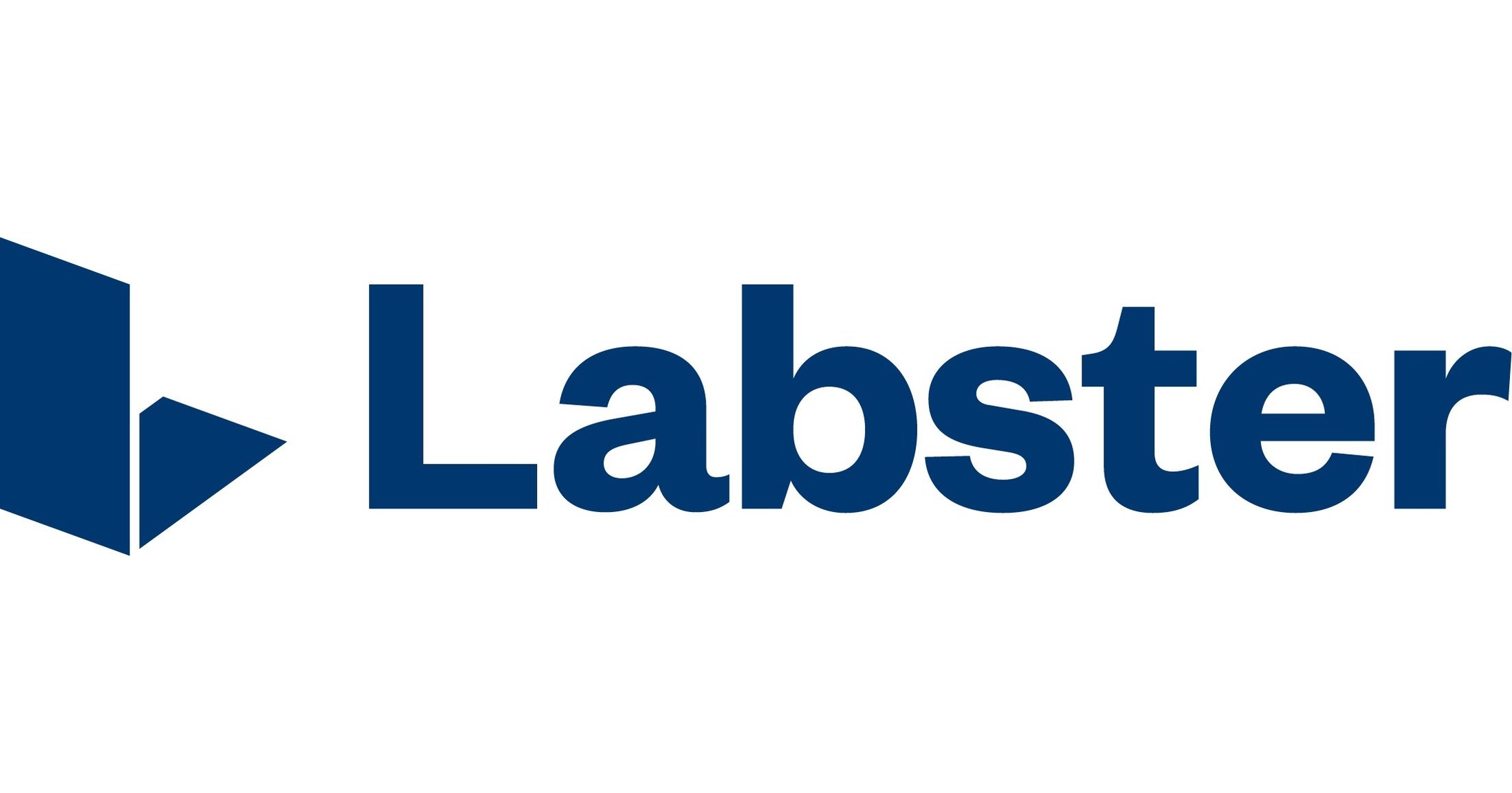Rethinking Middle Management: Their Crucial Role In Today's Organizations

Table of Contents
The Evolving Role of Middle Management in a Changing World
The traditional image of middle management as a purely hierarchical layer focused on command and control is outdated. Today's successful organizations are recognizing the need for a more collaborative and agile approach.
From Command and Control to Collaboration and Coaching
The shift from rigid hierarchical structures to flatter, more collaborative models demands a transformation in the middle management role. Middle managers are no longer simply order-givers; they are now coaches, mentors, and facilitators.
- New Skills Needed: Middle managers require advanced skills in mentoring, coaching, conflict resolution, change management, and performance management.
- Employee Empowerment: Empowering employees to take ownership and initiative is crucial. Middle managers must delegate effectively, provide support, and foster a sense of autonomy.
- Fostering Collaboration: Creating a culture of collaboration requires active participation from middle managers. They must encourage teamwork, knowledge sharing, and open communication.
Bridging the Gap Between Leadership and Employees
Middle management serves as a critical bridge, translating strategic goals from upper leadership into actionable tasks for teams. They are vital in ensuring consistent communication and feedback flow.
- Effective Communication Strategies: Clear, consistent, and transparent communication is paramount. Middle managers must utilize various communication channels effectively, including regular team meetings, one-on-one check-ins, and written updates.
- Constructive Feedback: Providing regular, constructive feedback is crucial for employee development. Middle managers should focus on both positive reinforcement and areas for improvement, using techniques like the "sandwich method" to deliver feedback effectively.
- Alignment of Goals: Middle managers need to ensure that team goals are aligned with the overall organizational strategy. This requires understanding the bigger picture and effectively communicating its relevance to individual team members.
The Value Proposition of Effective Middle Management
Investing in effective middle management yields significant returns for organizations. Strong middle managers directly impact employee engagement, productivity, and innovation.
Improved Employee Engagement and Retention
Supportive middle managers foster a positive work environment, resulting in increased employee satisfaction, motivation, and reduced turnover.
- Building Strong Relationships: Investing time in building rapport with team members is key. Showing genuine care and interest in their well-being and career development creates a strong foundation for trust and collaboration.
- Positive Work Environment: Middle managers can cultivate a positive work environment by promoting open communication, recognizing achievements, and addressing concerns promptly.
- Recognition and Rewards: Acknowledging and rewarding employee contributions, both big and small, significantly boosts morale and motivation.
Enhanced Productivity and Performance
Effective middle management directly contributes to improved team performance, higher project success rates, and overall organizational efficiency.
- Performance Management Systems: Implementing effective performance management systems ensures clear expectations, regular monitoring, and constructive feedback.
- Ongoing Support and Development: Providing ongoing support and development opportunities helps employees reach their full potential and contribute more effectively.
- Accountability Culture: Fostering a culture of accountability ensures that everyone takes responsibility for their work and contributes to overall team success.
Driving Innovation and Adaptability
Middle managers play a crucial role in fostering creativity, identifying areas for improvement, and adapting to change.
- Encouraging Experimentation: Creating a safe space for experimentation and risk-taking allows for innovation and the identification of new opportunities.
- Continuous Improvement: Promoting a culture of continuous improvement encourages teams to identify and address inefficiencies, leading to greater efficiency and effectiveness.
- Knowledge Sharing: Facilitating knowledge sharing and collaboration among team members encourages cross-functional learning and innovation.
Developing Future-Ready Middle Managers
Preparing middle managers for the future requires a strategic focus on skill development and leadership training.
Essential Skills for the Modern Middle Manager
The modern middle manager needs a diverse skillset, including emotional intelligence, digital literacy, strategic thinking, and adaptability.
- Training Programs: Organizations should invest in training programs that develop these essential skills. Workshops focused on emotional intelligence, leadership development, and digital fluency are crucial.
- Relevant Certifications: Encouraging middle managers to pursue relevant certifications, such as those in project management or leadership development, demonstrates a commitment to professional growth.
Investing in Leadership Development
Organizations must prioritize investing in leadership development programs specifically designed for middle managers.
- Leadership Development Initiatives: This includes tailored training programs, mentorship opportunities, and coaching sessions focused on developing leadership skills and capabilities.
- Mentoring Programs: Pairing experienced middle managers with high-potential employees provides valuable mentorship and supports career progression.
- Succession Planning: Implementing a robust succession planning strategy ensures a pipeline of qualified middle managers ready to step into leadership roles.
Conclusion
Rethinking the role of middle management is crucial for organizational success in today's dynamic environment. By empowering, supporting, and developing their middle managers, organizations can unlock significant benefits in terms of improved employee engagement, enhanced productivity, and increased innovation. Investing in these vital leaders is no longer optional; it's essential. Rethink your approach to middle management today and reap the rewards of a more engaged, productive, and innovative workforce. Invest in your middle managers, and invest in the future of your organization.

Featured Posts
-
 Planuojamas Hario Poterio Parkas Sanchajuje 2027 M
May 03, 2025
Planuojamas Hario Poterio Parkas Sanchajuje 2027 M
May 03, 2025 -
 U S Army To Massively Expand Drone Use Exclusive Details
May 03, 2025
U S Army To Massively Expand Drone Use Exclusive Details
May 03, 2025 -
 Mo Salah Contract Standoff Whats At Stake For Liverpool
May 03, 2025
Mo Salah Contract Standoff Whats At Stake For Liverpool
May 03, 2025 -
 Loyle Carner Announces Dublin 3 Arena Concert
May 03, 2025
Loyle Carner Announces Dublin 3 Arena Concert
May 03, 2025 -
 Great Yarmouths Rupert Lowe Controversy Public Opinion Divided
May 03, 2025
Great Yarmouths Rupert Lowe Controversy Public Opinion Divided
May 03, 2025
Latest Posts
-
 Gaza Freedom Flotilla Sos Drone Attack Reported Off Malta
May 03, 2025
Gaza Freedom Flotilla Sos Drone Attack Reported Off Malta
May 03, 2025 -
 Sky Bet Every Minute Matters Barrow Afc Fans Cycling Challenge
May 03, 2025
Sky Bet Every Minute Matters Barrow Afc Fans Cycling Challenge
May 03, 2025 -
 Mn Hm Aedae Aljmahyr Mwqe Bkra Yqdm Qaymt B 30 Shkhsyt Krwyt Mkrwht
May 03, 2025
Mn Hm Aedae Aljmahyr Mwqe Bkra Yqdm Qaymt B 30 Shkhsyt Krwyt Mkrwht
May 03, 2025 -
 Shkhsyat Krwyt Mthyrt Lljdl 30 Asma Mn Akthr Allaebyn Mkrwhyn Ela Mwqe Bkra
May 03, 2025
Shkhsyat Krwyt Mthyrt Lljdl 30 Asma Mn Akthr Allaebyn Mkrwhyn Ela Mwqe Bkra
May 03, 2025 -
 Mwqe Bkra Ykshf Akthr 30 Laeb Wmdrb Mkrwhyn Fy Tarykh Krt Alqdm
May 03, 2025
Mwqe Bkra Ykshf Akthr 30 Laeb Wmdrb Mkrwhyn Fy Tarykh Krt Alqdm
May 03, 2025
